

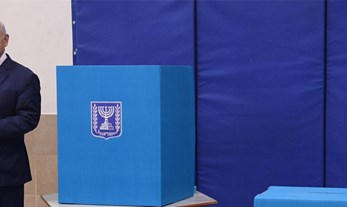
How to End Israel’s Political Impasse
Written By: Yohanan Plesner
Benjamin Netanyahu couldn’t form a government, because the electoral system is dysfunctional. The country needs to enact two simple reforms, or it will face perpetual stalemate.
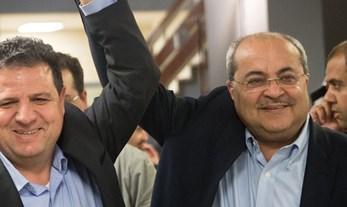
Another Chance for the Joint List
Written By: Dr. Arik Rudnitzky
Will Arab politicians take advantage of the second chance that the new elections have presented? Runing in a Joint List and reaching out to their younger voters - 60% of which didn't vote in the last election, would be the right place to start.

DNA Tests for Jewishness
Written By: Dr. Shuki Friedman
In today’s world of big data, it is easy to imagine what the impact would be of a single database containing information about their Jewishness—of Israelis and Jews around the world.
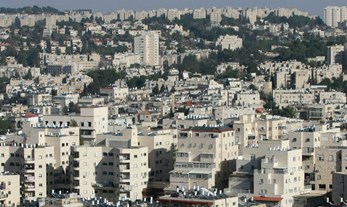
The Next Destination of Young Ultra-Orthodox Couples
Written By:
How do young ultra-Orthodox couples cope with the housing crisis? The most recent figures on home-buying point to a change of the trend in the ultra-Orthodox internal migration. This change poses a challenge, but also an opportunity. How should the state respond?

The Ultra-Orthodox Housing Crisis
Israel’s housing crisis is affecting the ultra-Orthodox community as well. Housing costs in these communities are skyrocketing and young families are moving to the country’s periphery. What kind of apartments are they buying? What does their financing look like?
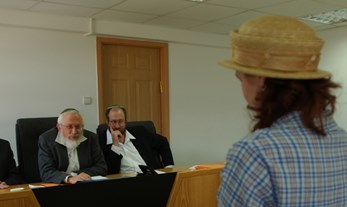
Conversion: Joining a Religion or Joining a Nation?
Written By: Prof. Yedidia Z. Stern
The rigid halakhic position might make conversion irrelevant as the integration of “non-Jewish Jews” into Israeli society will soon legitimize the sociological path to becoming a Jew, outside the bounds of religion, and make conversion superfluous.

How Jewish Israelis Feel Towards Non-Jews and the Current Conversion Process – Shavuot Survey
Written By: Prof. Tamar Hermann, Dr. Or Anabi
Conversion is a central theme of the upcoming holiday of Shavuot when the biblical story of Ruth the Moabite – widely considered the first convert to Judaism – is traditionally read. In the spirit of the holiday, we decided to examine what types of relationships Jewish Israelis are ready to have with non-Jews. We also looked into what Jewish Israeli think about the topic of conversions in general and the conversion process in Israel in particular.

Study Reveals: Proportionality in War Still a Riddle
Written By: Prof. Amichai Cohen, Prof. Raanan Sultizeanu-Kenan, Prof. Daniel Statman, By: Arieh O'Sullivan
Israeli military officers are less tolerant of higher civilian casualties than their American counterparts.

Human Rights in an Age of Populism
Written By: Prof. Yuval Shany
The story of liberal democracies in the late 20th and early 21st centuries has been, to a large extent, the story of protecting personal liberties by independent democratic institutions.
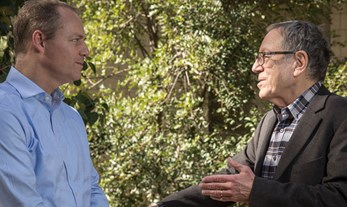
Is Israel's Democracy in Crisis?
Written By: Yohanan Plesner , Prof. Irwin Cotler, By: Steve Linde
IDI’s President Yohanan Plesner and Canadian jurist Irwin Cotler on the challenges facing Israeli democracy in the months ahead.

Solidifying the Israel-Diaspora Relationship
Written By: Prof. Yedidia Z. Stern
Is it conceivable, for example, that a legislative body would enact a tax that would never apply, to its own members?

Adapting to the Future Job Market
Written By: Daphna Aviram-Nitzan, Aharon Aharon, By: Alan Rosenbaum
Reframing the eco-system to prepare for Israel’s job market of the future.
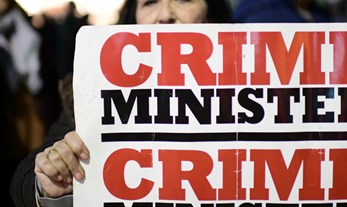
How to Eradicate Government Corruption
Written By: Adv. Edna Harel Fisher, Prof. Yuval Feldman
Among other things, government corruption deals a blow to the country’s economic vitality, and makes it less attractive to investors and entrepreneurs.

Defending Israeli Elections Against the Digital Onslaught
Written By: Dr. Tehilla Shwartz Altshuler, Dr. Guy Lurie
Today, Israeli election law focuses on banning propaganda conducted by means of boats and planes (e.g. adverts on them).
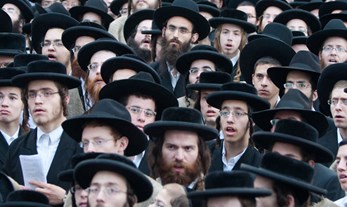
The Ultra-Orthodox Community on the Conservatism-Modernism Spectrum
Written By: Dr. Lee Cahaner
Israel’s ultra-Orthodox sector is less homogeneous than most assume.
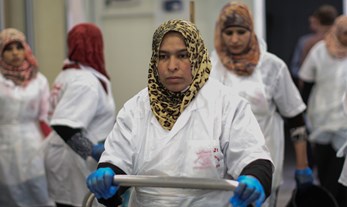
Arab Israeli Women Joining the Labor Force in Large Numbers
Written By: Dr. Nasreen Haddad Haj-Yahya, Aiman Saif, By: Linda Gradstein
Are these encouraging numbers the harbinger for positive change in Israeli society?

The Anatomy of the Conscription Law Debate
Written By: Yohanan Plesner
The Conscription Law and the repeated crises it has generated, are a classic example of the Israeli political system’s inability to deal with the country’s fundamental problems

We the People: Democracy in the Age of Populism
Written By: Prof. Yuval Shany
Populism means different things to different people – and political populism has an even more sinister meaning
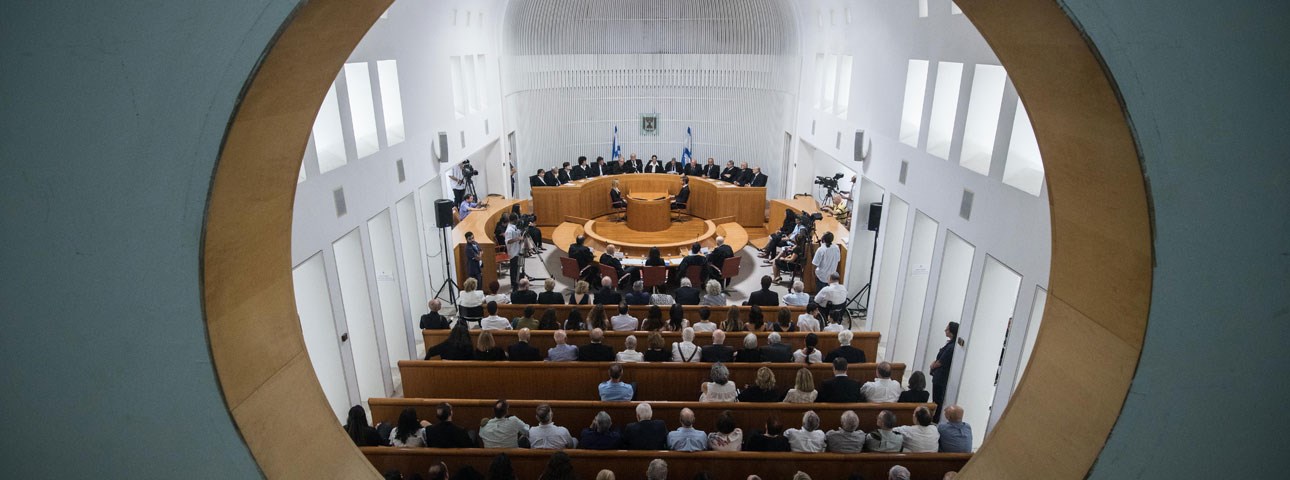
Stop this March of Folly
Written By: Prof. Yedidia Z. Stern
“The future coalition aspires to replace the current “judicialization of Israeli life” with the “politicization of Israel law”, says Yedidia Stern
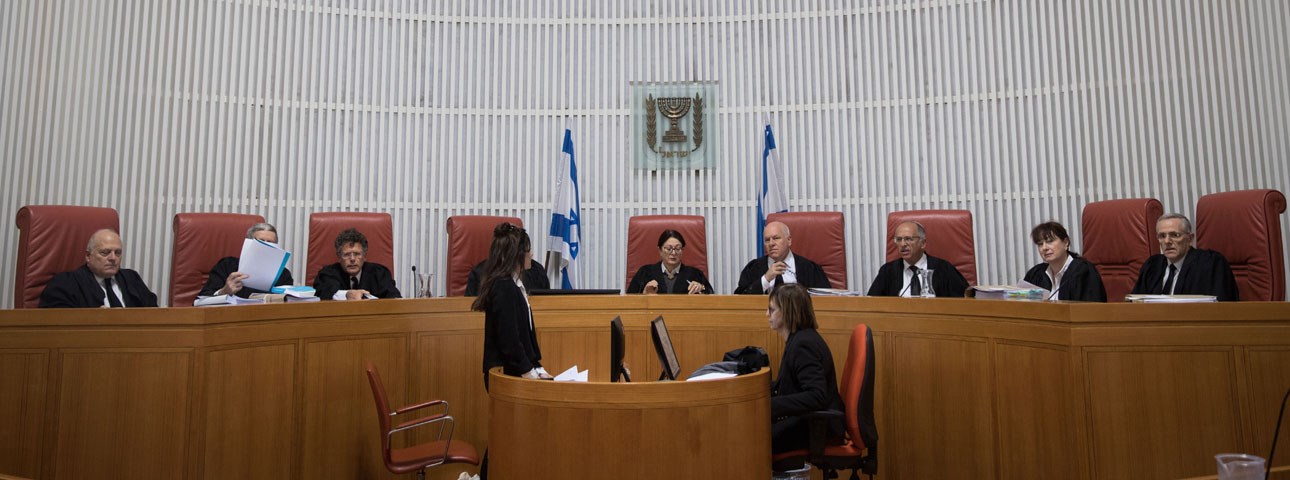
A Needle on the Israeli Compass
Written By: Prof. Yedidia Z. Stern
The conservatives who think the court is moved by a malicious intent to stamp out politics are mistaken. Our High Court of Justice is squeaky clean, and of the highest possible caliber

Immunity from Criminal Prosecution: An International Comparison
Written By: Dr. Assaf Shapira, Dr. Amir Fuchs
In Israel the proposed Immunity Law is central to coalition negotiations - yet around the globe there is a gradual but significant process of reducing the scope of procedural immunity. See how Israel compares with democracies around the world
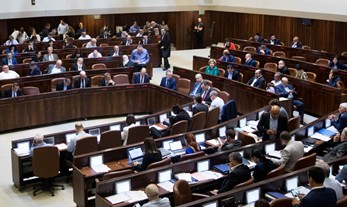
What if Netanyahu Fails to Form a Coalition? Explainer
Written By: Prof. Ofer Kenig
What if Netanyahu fails to form a coalition? Will Israel find itself again holding elections? Although unlikely – Dr. Ofer Kenig explains the possibilities
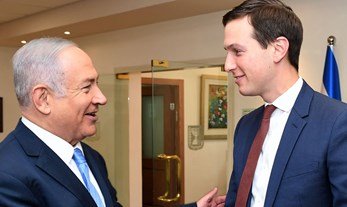
Comprehensive Peace Agreement & Unilateral Withdrawl
Written By: Prof. Tamar Hermann, Dr. Or Anabi
The Israeli Voice Index finds that 58% of Israelis think that signing a peace agreement will positively contribute to Israel’s international status, while 56% think that if Israel would withdraw unilaterally from the West Bank it would NOT improve Israel’s international status

62% Oppose the Immunity Law
Written By: Prof. Tamar Hermann, Dr. Or Anabi
A special survey finds that the 62% of the Israeli public is opposed to the Immunity Law, 47% think that if the law passes it should only be applied to new cases, and 39% oppose strengthening the Knesset at the expense of the courts
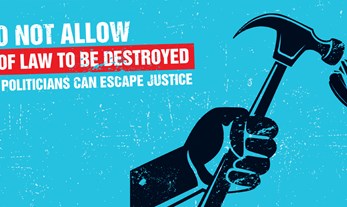
Don't Give Up on Our Country for Anyone's Personal Interests
A deal is being negotiated behind closed doors: Immunity for the Prime Minister in return for obliteration of the justice system. All those who view yourselves as future leaders: show your political courage. History will judge you - do not enable this reckless initiative. Constitutional changes must only be made based upon a broad consensus at the conclusion of a serious public debate. They are not dark deals to be brokered in smoke-filled rooms at the expense of the public interest
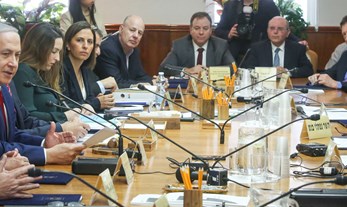
Revoking Limitation on Number of Ministers - Ramifications
It wastes public funds, impairs government efficiency, and hinders its capacity to promote policy
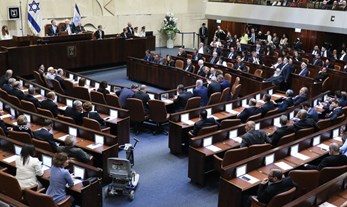
The Weakest Constitution in the World
Written By: Prof. Yuval Shany
The Override Clause would not alter the balance between the branches of government – it would shift the balance of power between the government and the governed

Everything you Wanted to Know About the Immunity Law
IDI experts provide an overview to the proposed Immunity Law that would grant members of Knesset automatic immunity from criminal prosecution
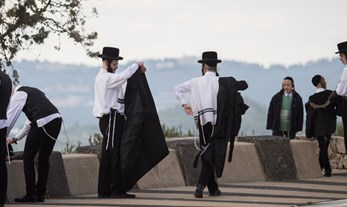
Ultra-Orthodox National Civic Service
Written By: Dr. Asaf Malchi
What is Wrong with the National Civic Service program for the Ultra-Orthodox and How to Reform It?

Legal Ramifications if Israel Decided to Annex the West Bank
Written By: Prof. Yuval Shany
Annexation would result in a continuous state of affairs in which two sets of laws apply to two adjacent populations and would undermine Israel’s democracy

